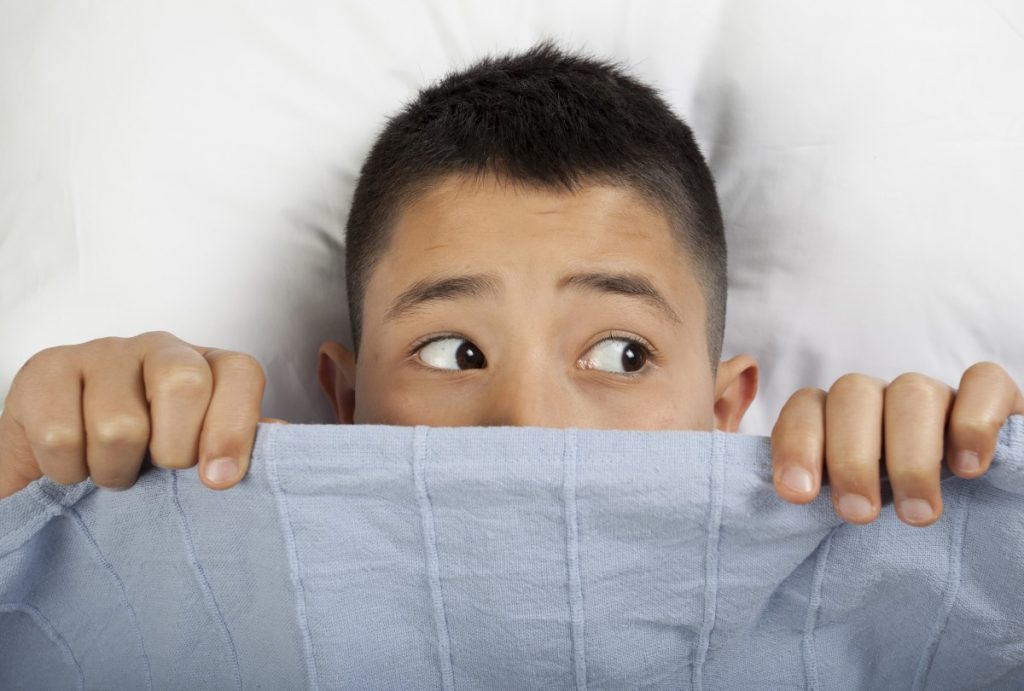Bedwetting is a common issue among children, but when it persists into adulthood, it can be a cause for concern. ADHD bedwetting is the term used to describe bedwetting that occurs in adults who have Attention Deficit Hyperactivity Disorder (ADHD). This type of bedwetting can be caused by medical or psychological factors and can be difficult to treat.
If your child is wetting the bed, it can be a frustrating and embarrassing problem you may visit No Bed Wetting, Bedwetting is common in children, and there are things you can do to help your child overcome it.ADHD bedwetting, also known as primary nocturnal enuresis, is a condition characterized by the inability to control urination during the night. Bedwetting is a common problem in children, and it is estimated that up to 15 percent of all children wet the bed at least occasionally.

Image Source: Google
There are many possible causes of ADHD bedwetting, but the most likely cause is an imbalance of hormones in the body. This hormonal imbalance can be caused by stress or other factors. In some cases, it may be due to a medical condition such as diabetes or kidney disease.
Treatment for ADHD bedwetting typically involves a combination of behavioral therapy and medication. Behavioral therapy may involve techniques such as scheduled toilet trips, alarm systems that wake the child up when they start to wet the bed, and positive reinforcement for dry nights. Medications used to treat ADHD bedwetting include desmopressin (DDAVP), an anticholinergic drug like oxybutynin (Ditropan), and tricyclic antidepressants like imipramine (Tofranil).
